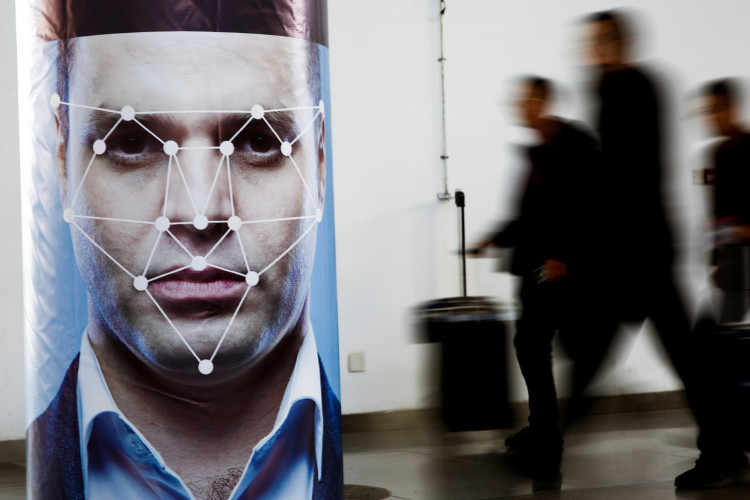Many businesses across the globe began showing interest in biometric security systems when it started gaining relevance in the tech market. Companies, both large and small, relied mainly on passwords to make their private networks, as many still do today.
But not all take time to create a complicated password, making it very easy for attackers to jeopardize a private network. Enter facial recognition software and fingerprint scanners, both being touted as better security measures.
Unfortunately, biometric systems have their weaknesses. It was found that fingerprints can be duped. Fraudsters merely needed a lifted fingerprint to make scanners think it belongs to the right person and gain access to a private network.
The same goes for facial recognition. Developers of this type of biometric authentication swear by their software, claiming that their systems had fail-safe features to distinguish a photograph from a real person. In 2009, however, security researcher Duc Nguyen was able to use a picture to bypass login for Toshiba, Asus, and Lenovo computers.
There are indeed weaknesses, but the thing about technology is that tools can be developed and enhanced even further. Facial recognition has improved, and AI has allowed systems to become smarter.
There is also an increased demand for biometric security systems, which only goes to show that this technology is not going anywhere anytime soon. In fact, Biometric System Market predicts that the industry will be worth $65 million by 2024.
Experts are positive that biometrics will only continue to improve, and soon, it will replace government-issued identification, considering ID cards and papers documents can be easily forged. Anyone can get a fake password or a phony driver's license, but biometric technology allows for a more secure approach to identification. It's possible that one day, we won't be needing IDs to access our bank accounts, apply for a loan, pay our bills, or rent a car.
While we're still a long way from biometric identification for international travel, it's definitely where the world is headed. But in a few years' time, a facial scan or thumbprint could be all you need to book a domestic flight.
The idea of a globalized biometric authentication is like something out of a sci-film film, but the whole world appears to be ready. It is definitely more secure, and it makes transactions faster, which is what we're all about in this fast-paced lifestyle.
Biometrics had its rocky beginnings, that's for sure. But it is a highly favored security measure among today's top organizations and companies.






